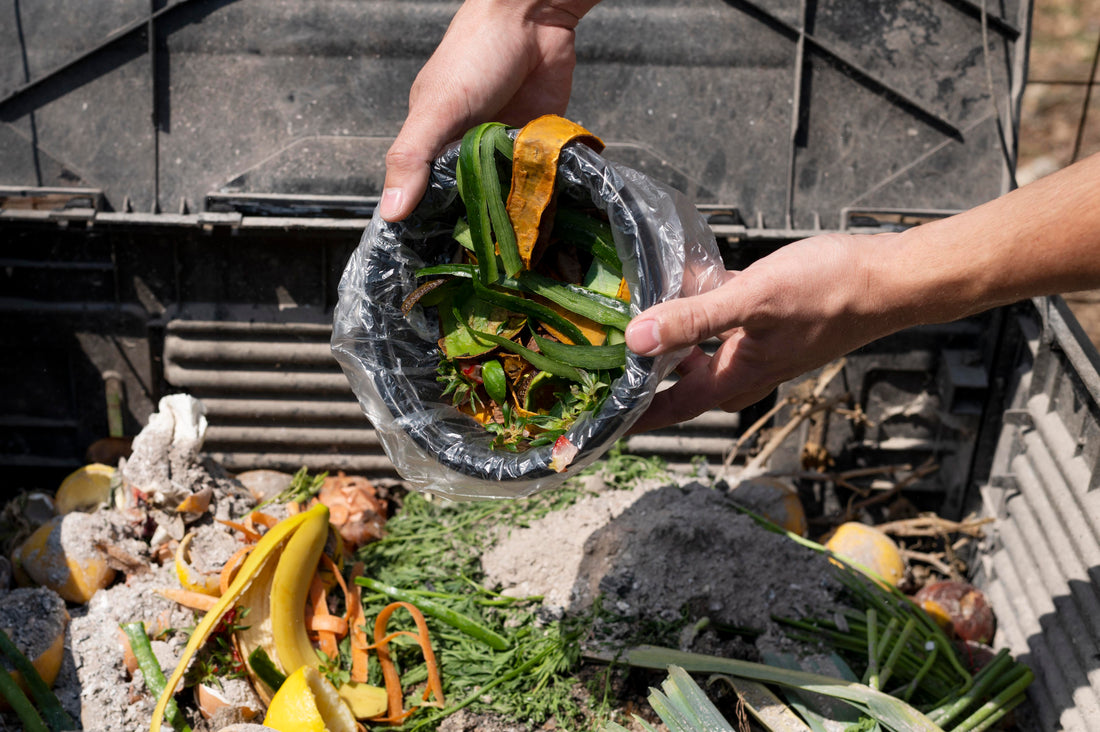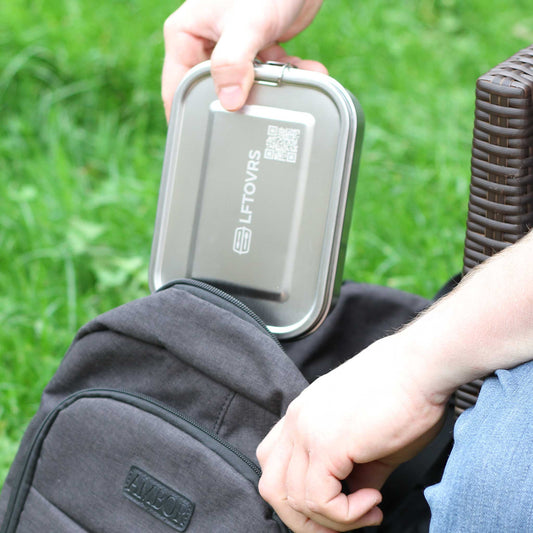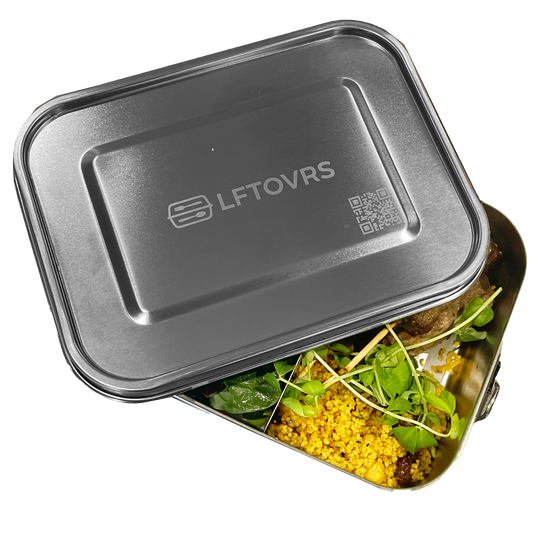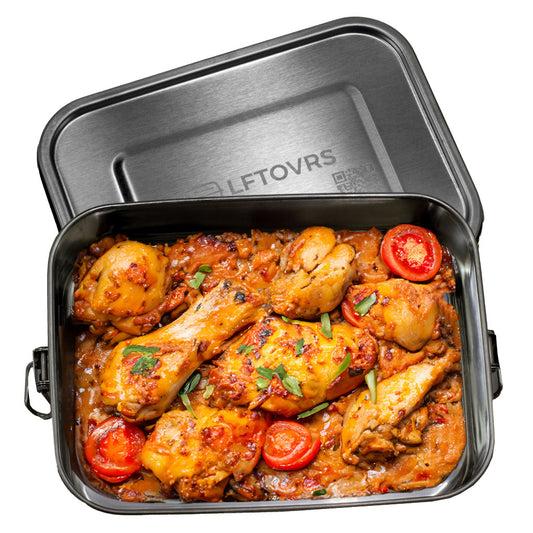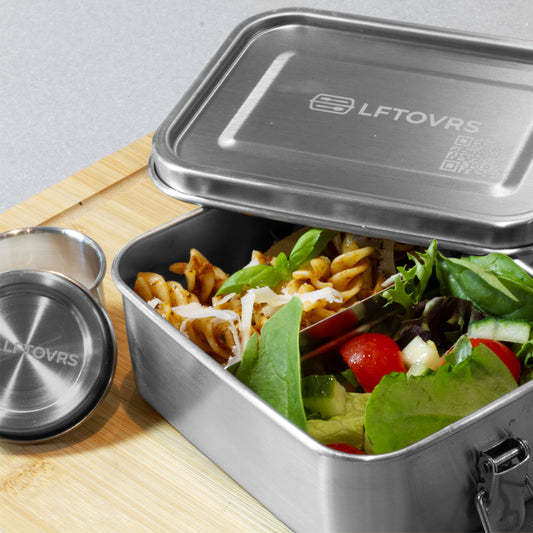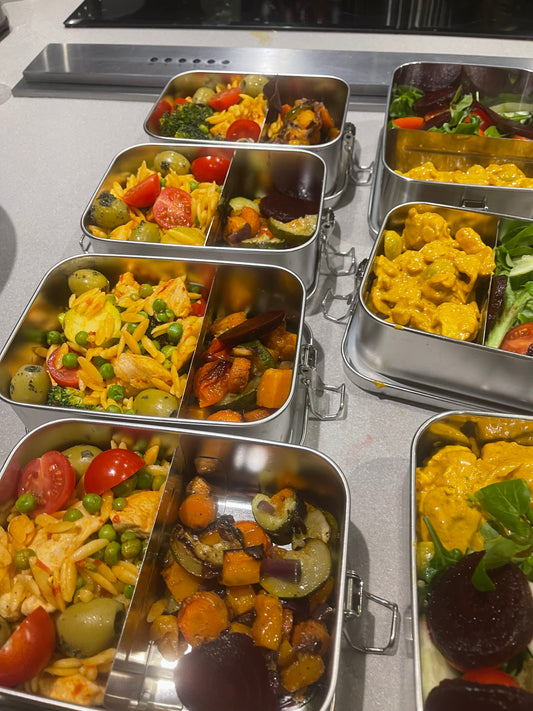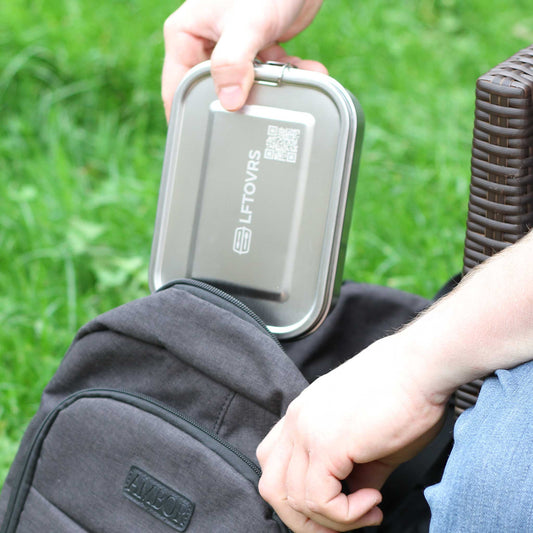Food waste is a pressing global issue, and the United Kingdom is no exception. According to data from WRAP (Waste and Resources Action Programme), in 2018, the UK produced a staggering 9.5 million tonnes of food waste. What's even more concerning is that 70% of this colossal amount was generated by households, while manufacturers, the hospitality, and food service industry accounted for 16% and 12%, respectively. These statistics are not just numbers; they represent a significant environmental and economic problem. However, there are steps we can all take to address this issue, including utilising innovative tools like the Lft Ovrs app.
The Food Waste Epidemic
Food waste is a complex problem with far-reaching consequences. Not only does it contribute to the depletion of natural resources, but it also exacerbates global hunger and climate change. When food ends up in landfills, it decomposes and releases methane, a potent greenhouse gas that further accelerates global warming.
Households, as the largest contributors to food waste in the UK, play a pivotal role in finding solutions. A significant portion of this waste occurs due to poor planning, neglecting leftovers, and misunderstanding expiration dates. Fortunately, there are practical strategies to help curb food waste and make a positive impact.
1. Smarter Meal Planning
One of the most effective ways to reduce food waste at home is through better meal planning. By creating a shopping list, sticking to it, and planning your meals ahead of time, you can significantly reduce the chances of overbuying or letting food go to waste. It's also a great way to save money in the process.
2. Embrace Leftovers
Leftovers often get a bad rap, but they can be transformed into delicious meals with a little creativity. Before you discard any food, think about how you can incorporate it into your next meal. Soups, stews, and stir-fries are excellent options to repurpose leftover vegetables and proteins.
3. Understand Expiration Dates
Understanding food labels and expiration dates is crucial. Many people mistakenly throw away food that is still safe to eat. Learn to differentiate between "best before" and "use by" dates, and trust your senses – smell, taste, and appearance – to determine if food is still edible.
4. Utilise Food Storage Solutions
Investing in proper food storage containers can make a significant difference in preserving the freshness of your food. Opt for reusable containers that are airtight and easy to clean. Not only will this extend the shelf life of your food, but it will also reduce the need for single-use plastic wrap and bags.
The Lft Ovrs App: A Game-Changer in Food Waste Reduction
In the digital age, there's an app for almost everything, and combating food waste is no exception. The Lft Ovrs app is a revolutionary tool designed to help individuals track their leftover food and reduce waste effectively.
Here's how it works:
-
Inventory Management: Lft Ovrs allows you to record and track the leftover food you have stored in your fridge and freezer. Simply scan the QR codes on specially designed stainless steel lunchboxes and food containers, and the app will automatically update your inventory.
-
Expiration Reminders: One of the app's standout features is its ability to set expiration reminders. Lft Ovrs will notify you when it's time to consume a specific item before it goes bad, reducing the likelihood of food waste.
-
Easy Access: The app provides a user-friendly interface that makes it easy to view what you have in your fridge and freezer at any time. No more forgotten or hidden leftovers.
By incorporating the Lft Ovrs app into your daily routine, you can actively contribute to reducing food waste in the UK. This innovative tool empowers individuals to take charge of their food consumption habits, make the most of their groceries, and minimise their environmental footprint.
The issue of food waste in the UK is a problem we all have a stake in solving. With 9.5 million tonnes of food waste produced in 2018, it's clear that collective action is needed. By adopting simple strategies like smarter meal planning and embracing leftovers, households can significantly reduce their contribution to this alarming statistic. Additionally, innovative tools like the Lft Ovrs app offer a technological edge in the fight against food waste, making it easier than ever to keep track of and consume our leftovers. Together, we can work towards a more sustainable and food-conscious future.

